A wave of grief and outrage has swept through Mexico’s western state of Michoacán following the brutal killing of Bernardo Bravo, the leader of the Apatzingán Valley Citrus Producers Association. His murder marks another tragic reminder of how deeply organized crime has penetrated Mexico’s agricultural heartland, turning one of the country’s most valuable crops into a deadly battleground.
A Courageous Voice Silenced
Bernardo Bravo had become a prominent figure among local lime growers for his outspoken criticism of criminal groups that have for years terrorized the citrus industry. In interviews and public meetings, he denounced how cartels had infiltrated nearly every aspect of the lime trade — from controlling transportation routes to dictating the price of fruit.
Just days before his death, Bravo warned that extortion had reached unsustainable levels, threatening the livelihoods of hundreds of families who depend on lime production. He argued that criminal networks were “strangling” growers, demanding exorbitant fees for protection, and imposing strict conditions on when and how farmers could harvest their crops.
Authorities found Bravo dead inside his vehicle on a rural road outside Apatzingán, a region long scarred by drug-related violence. Investigators confirmed that he had been shot multiple times in what appeared to be a targeted attack. Local producers, still reeling from the loss, described him as “a man who spoke the truth even when it was dangerous.”
The Extortion Crisis in Mexico’s Agricultural Sector
The killing underscores a troubling shift in cartel operations. While drug trafficking remains the cornerstone of organized crime, groups in Michoacán have increasingly diversified into legal industries — most notably avocados, limes, and other agricultural products.
In recent years, these gangs have imposed what they call “quotas” on producers. Farmers are forced to pay a fee per harvested crate, or risk being barred from transporting their produce to markets. Those who resist face harassment, theft, or violence. Many growers have abandoned their orchards entirely, unable to shoulder the financial and physical risks of defiance.
Michoacán, often referred to as Mexico’s “lime capital,” produces a large portion of the country’s citrus exports. The state’s lime industry fuels both domestic and international markets, making it an attractive target for organized crime seeking reliable revenue streams. The extortion has grown so severe that prices for consumers have occasionally spiked, not due to scarcity of fruit, but because violence disrupts production and trade.
Government Response and the Fear Among Farmers
The Mexican government has periodically deployed soldiers and National Guard forces to protect lime-producing regions. While these operations provide short-term relief, local residents say the protection often fades once the troops withdraw. Growers claim that without permanent security measures and systemic reform, the cartels simply regroup and resume their control.
Following Bravo’s death, federal and state officials have pledged a renewed investigation and promised to bring those responsible to justice. Yet, many in Michoacán remain skeptical. Similar promises have followed countless murders in the region — few of which have ever led to convictions.
Farmers now face a paralyzing dilemma: continue paying extortion money to survive, or risk their lives by resisting. Community leaders warn that Bravo’s killing will likely intimidate others from speaking out, deepening the culture of silence that allows criminal networks to thrive unchecked.
The Broader Impact
The murder is not an isolated incident but part of a wider resurgence of cartel dominance in western Mexico. Criminal groups such as the Jalisco New Generation Cartel and smaller regional factions have tightened their grip on industries that were once entirely lawful. For them, agriculture provides both steady income and social control — as they exploit communities that depend on these crops for survival.
The economic consequences are severe. Extortion drives up production costs, discourages investment, and forces some producers to flee the region entirely. Local economies, dependent on agriculture, shrink, leaving unemployment and poverty in their wake.
A Symbol of Resistance
Despite the danger, Bravo’s colleagues say they intend to honor his legacy by continuing to demand government action. “He stood for every grower who refused to bow to the cartels,” one fellow producer said at a vigil held in Apatzingán. “We cannot let his death be in vain.”
Human rights groups and farmer associations across Mexico have echoed that sentiment, urging authorities to protect rural leaders and to dismantle the criminal structures that exploit the nation’s agricultural wealth.
The Struggle Ahead
Bernardo Bravo’s death illustrates the immense risks faced by those who confront organized crime in Mexico. His murder is both a tragedy and a warning — that without firm, sustained action from the government, criminal groups will continue to operate with impunity, destroying livelihoods and eroding the rule of law.
As Michoacán mourns one of its bravest voices, many wonder whether his sacrifice will spark the political will needed to reclaim the region from the grip of organized crime — or whether it will simply become another name on a growing list of silenced leaders.

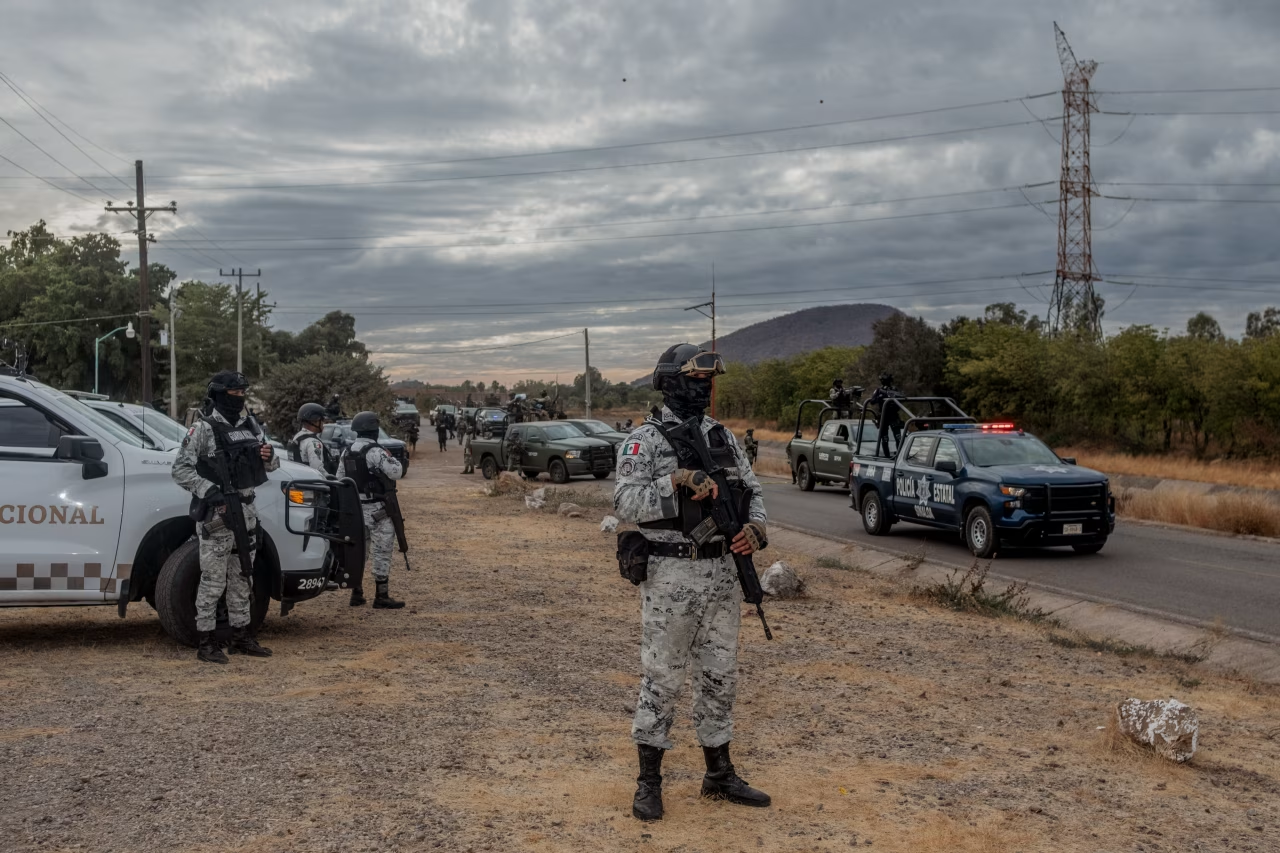
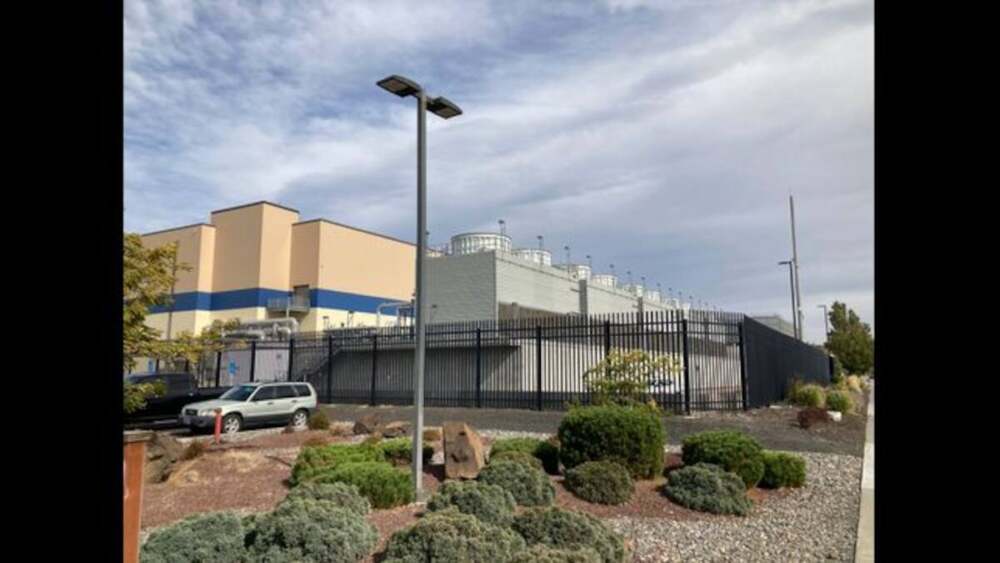
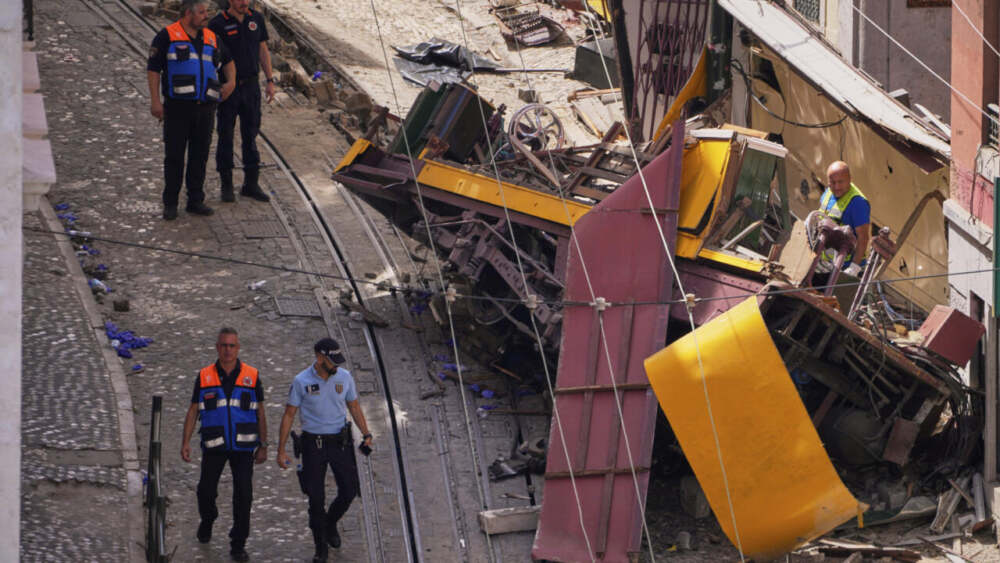







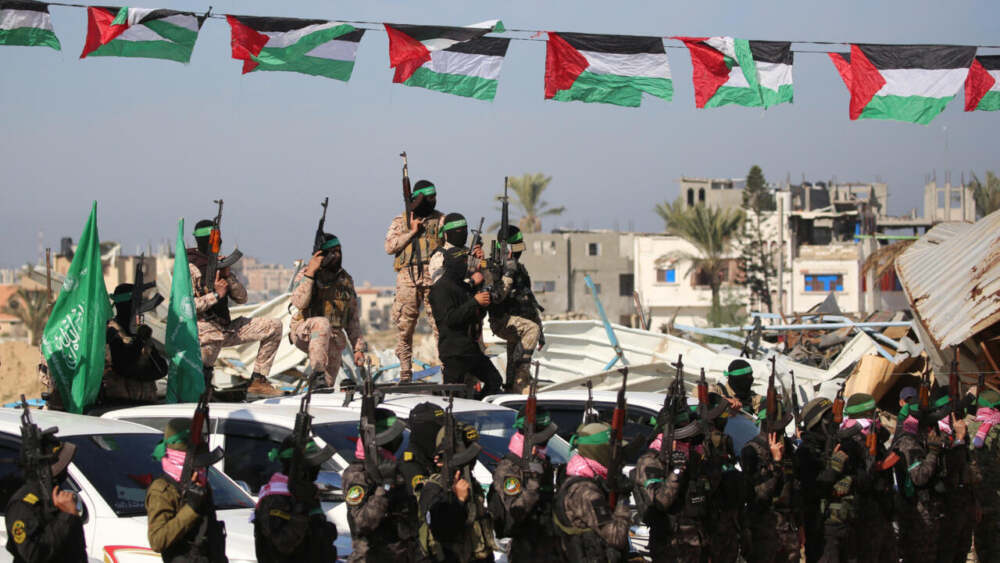
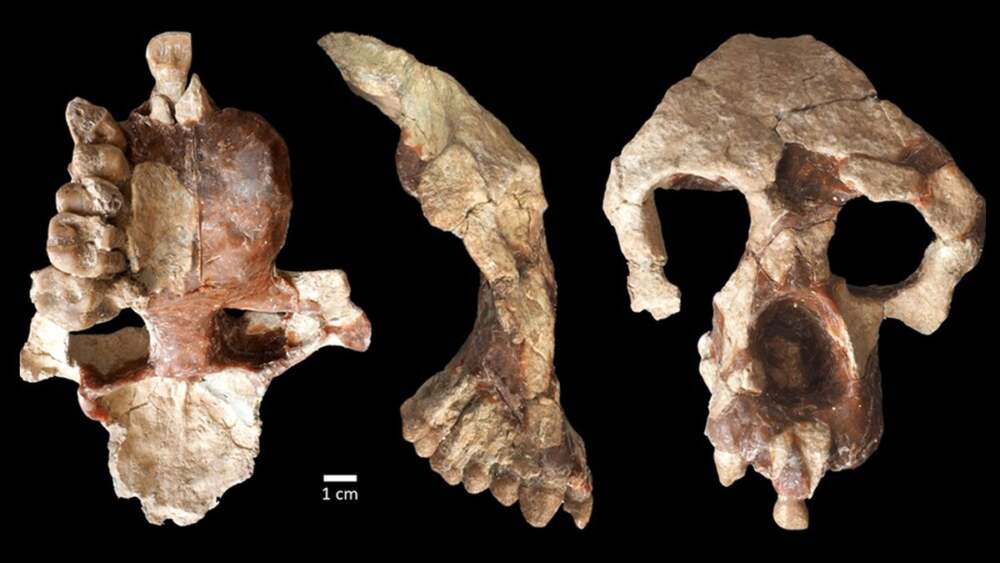



Leave a Reply